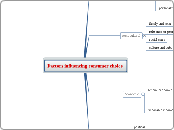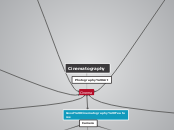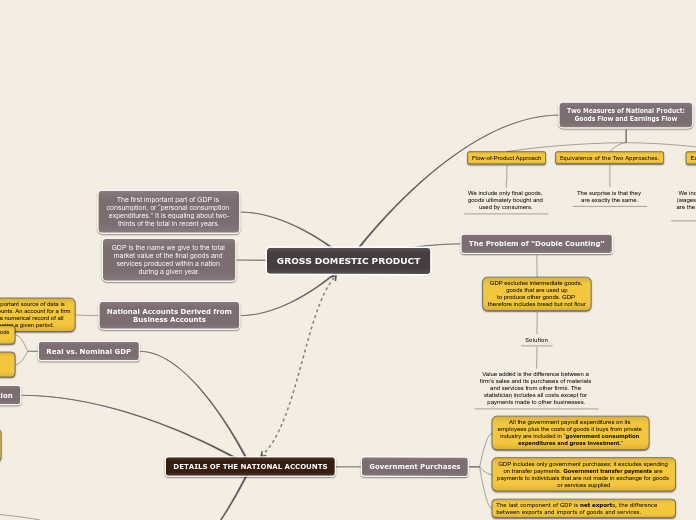по caleb thompson 6 лет назад
247
history culminating
During the 1930s, the Canadian government attempted to assimilate Aboriginal children through the establishment of residential schools. These institutions aimed to erase Aboriginal culture and integrate the children into mainstream Canadian society.









